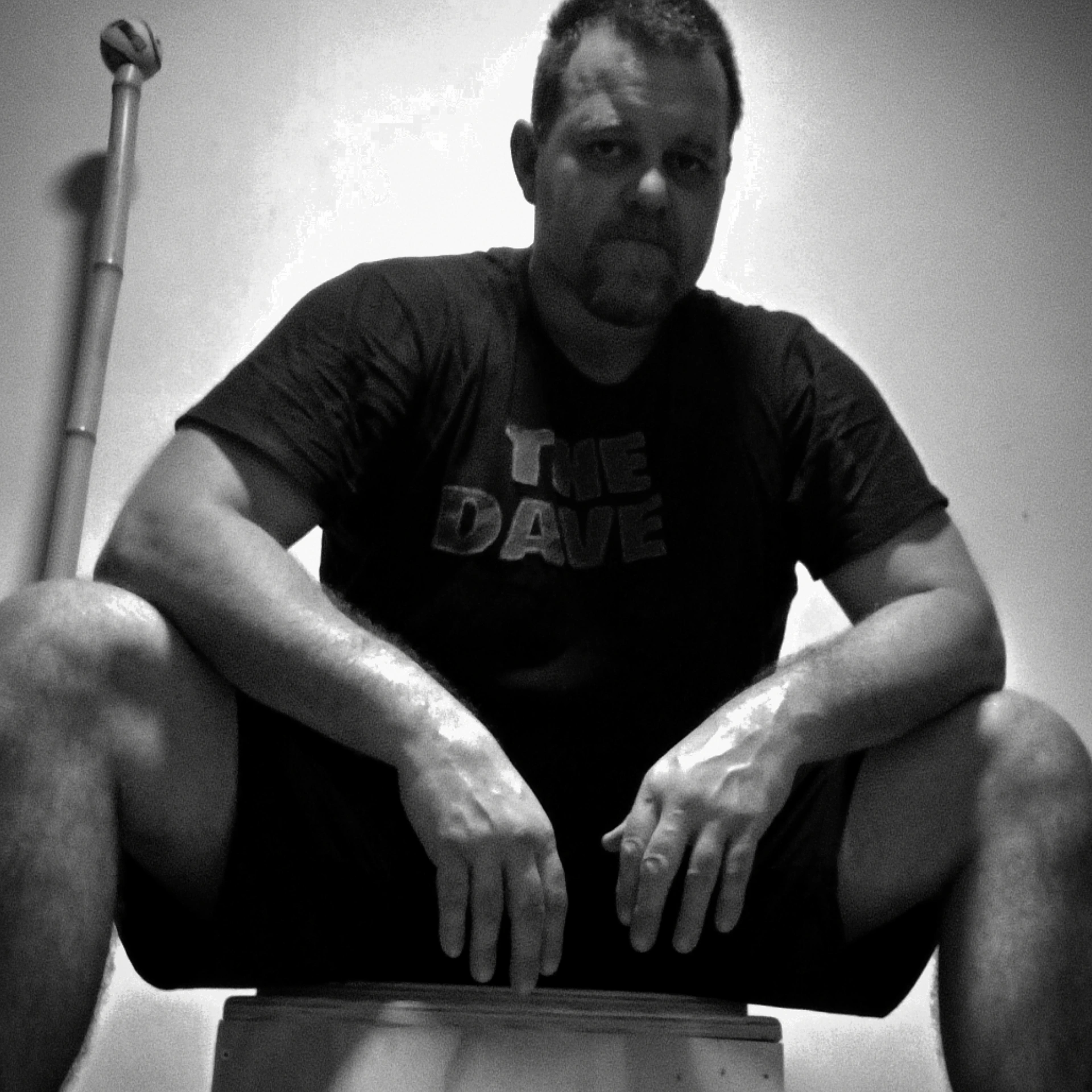Pain is a Funny Old Thing
- Dave Hedges

- May 17, 2022
- 2 min read
Pain is a funny old thing.
Unless, it’s you that is suffering with it of course.
Pain is an output from the brain. A response to inputs from something.
That something may or may not be an injury.
Consider the common low back pain complaint. In most cases that low back pain has just crept up out of the blue, this wasn’t an injury, an acute incident. But it certainly does hurt.
The opposite of this would be a twisted ankle, or a broken collar bone. A real physical injury.
But even that isn’t simple.
How can one person have an injury and be screaming on the floor, but another, in identical circumstances, carries on like nothing happened?
A perfect example is my wife and I. I walk about the house barefoot, and will on occasion stub a toe against a table or chair leg. My wife seeing this flinches, her leg even twitches, because anytime she stubs her toe, it’s like the end of the world. I barely notice.
What’s the difference?
Perception.
How we perceive the incident, how we perceive the impact, how we perceive potential damage.
A perception that is informed by your history, your experience, your toughness, and so on.
In the toe stubbing context, I grew up practising karate, having my toes hit was par for the course. I don’t perceive it as a threat, so it doesn’t hurt. I’ve also participated in extreme and endurance sports where toughness is a necessary attribute, so jumping to conclusions about sensation coming from my body isn’t part of my thought process. You can become accustomed to telling yourself things don’t hurt, knowing full well that the brain will call your bluff later on.
And it will.
In the moment it may implement a strategy to let you carry on while protecting the damage site.
But sooner or later, that strategy brings about its own issues.
And this may well be the non-injury related pain you feel. It may be overload, poorly loaded tissues, compressed joint spaces or something that worked for a while to help you protect one injury, but now starts asking the brain for help, which could result in a pain sensation.
Of course, I’m storytelling here, your shoulder doesn’t actually ask the brain for help…
…or does it…
Pain itself is complex. Your perception plays a huge part in it. But then so does your subconscious posture, movement habits etc.
But if you ever wonder why I’m so interested in all your old injuries, all the injuries you may have forgotten about, it’s because these may tell the story of how you ended up in pain today.
Or did you bob when you should have weaved….
Regards
Dave Hedges



Comments